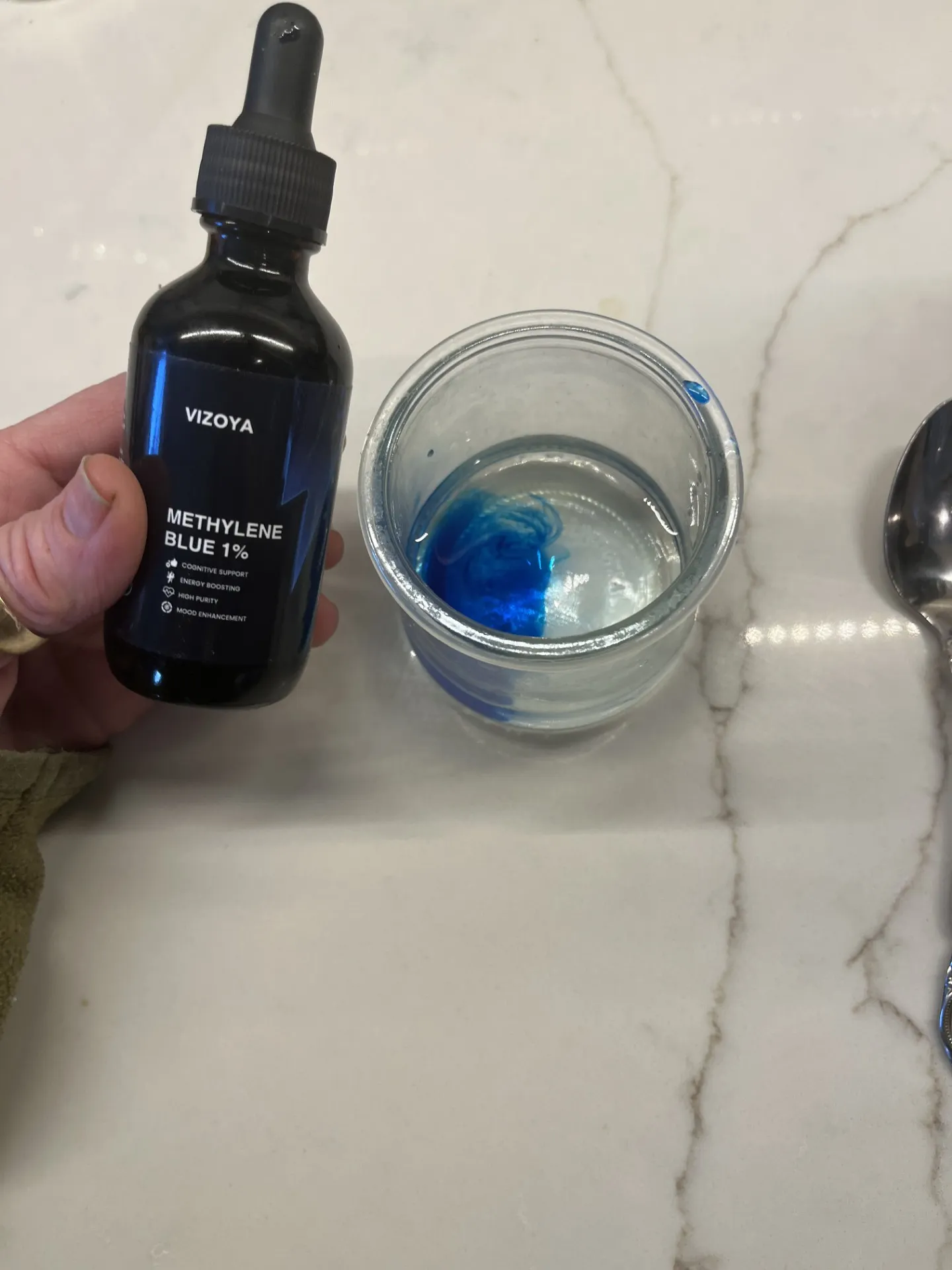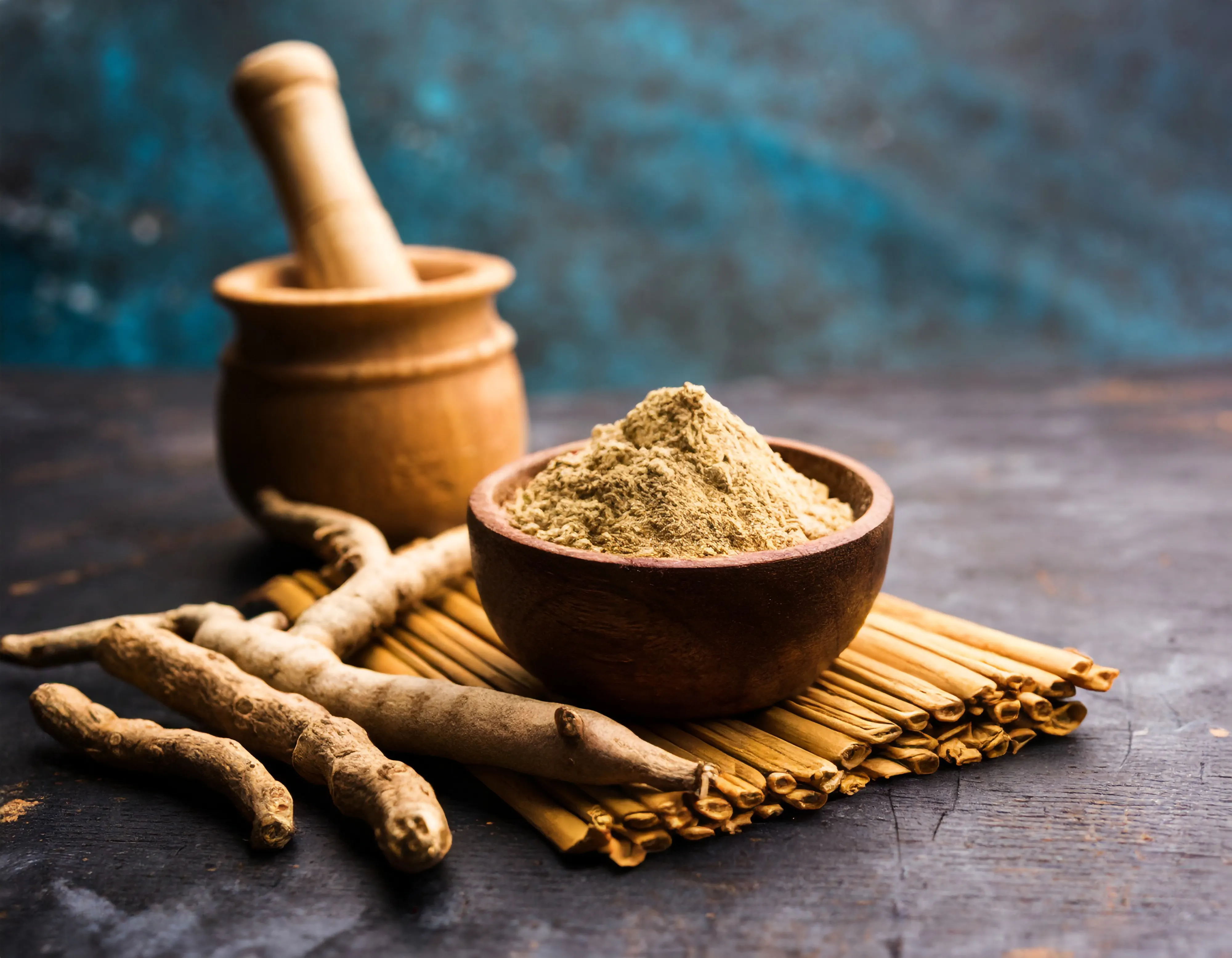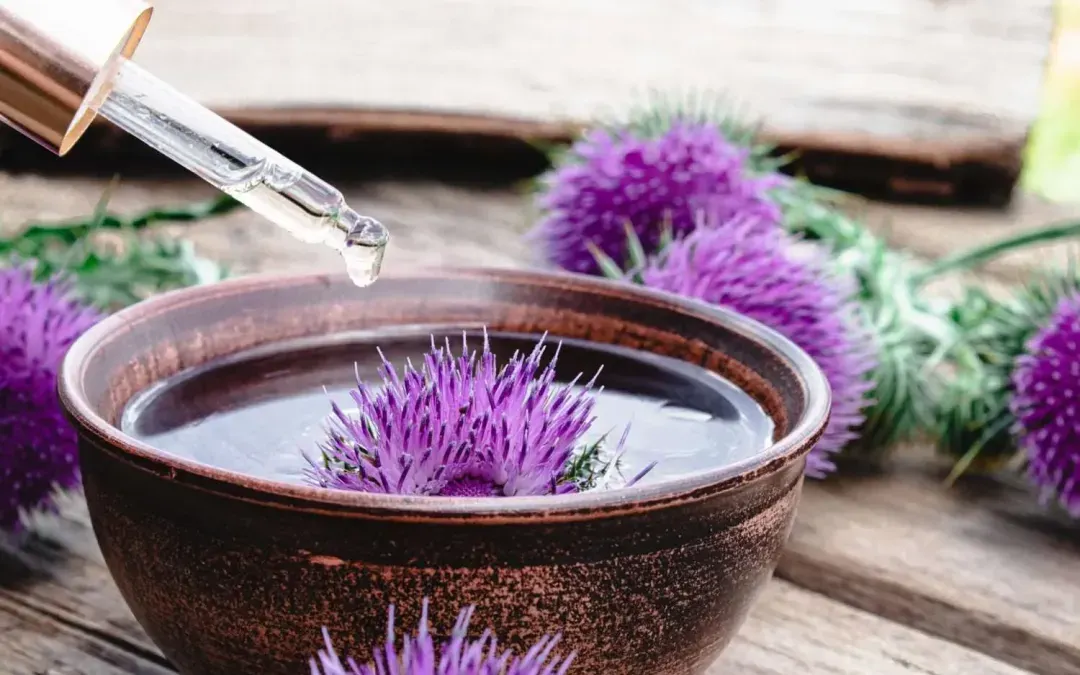The Power of Ashwagandha: A Natural Approach to Combating Cancer
Introduction
by Christina Blanchard-Horan, PhD

In recent years, there has been a growing interest in alternative and natural remedies for various health conditions, including cancer. One such herb that has gained attention is Ashwagandha, a traditional medicinal plant with a history spanning thousands of years. Research suggests that Ashwagandha extract may have a role to play in cancer therapy, particularly in terms of its ability to induce ROS (Reactive Oxygen Species) production and mitochondrial damage in cancer cells. In this blog, we’ll delve into what this means in layman’s terms and explore the potential health implications for those seeking natural alternatives to complement or replace conventional cancer treatments like chemotherapy or radiation, and consider using ashwagandha cancer treatment regimen .
Ashwagandha’s Role in Cancer Treatment
Ashwagandha, scientifically known as Withania somnifera, is an adaptogenic herb known for its stress-relieving properties. But what does that have to do with cancer? Well, cancer cells are notorious for their ability to multiply rapidly and resist the body’s natural defense mechanisms. One way they do this is by manipulating cellular processes, including the production of ROS and the health of mitochondria, which are the energy powerhouses of our cells.
Discover related topics
- Antibodies
- Shankara Cancer Hospital Donation
- Herbal Drugs Used in Cancer Treatment Pdf
- Withaferin a Clinical Trial
- New Zealand Ayurvedic Association
ROS are molecules produced naturally in our cells, and they can have a double-edged sword effect. In healthy cells, ROS play a role in various cellular processes, including signaling for cell growth and fighting off infections. However, too much ROS production can be harmful, leading to oxidative stress and damage to cellular components, including DNA and proteins. This is where Ashwagandha comes into the picture.
Wellness Wholeness and Essential Oils

Ashwagandha’s Potential in Cancer Therapy
A study found that Ashwagandha extract may trigger an increase in ROS production within cancer cells. In simpler terms, it’s like overloading these rogue cells with a surge of harmful molecules. This excessive ROS production can push cancer cells past their breaking point, causing significant damage to their structures, including the mitochondria. Mitochondria are vital for producing energy in our cells, and when they malfunction, cells can’t function properly, leading to cell death. Considering aromatherapy and ashwagandha, what do we need to know?
Implications for Cancer Treatment
So, what does this mean for cancer treatment? Well, it’s important to remember that research on Ashwagandha’s potential in ashwagandha cancer treatment is still in its early stages, and more studies are needed to fully understand its effects. However, the preliminary findings are promising.
- Complementary Therapy: Ashwagandha could potentially be used alongside traditional cancer treatments like chemotherapy and radiation. By targeting cancer cells specifically, it might enhance the effectiveness of these treatments while minimizing damage to healthy cells.
- Reducing Side Effects: Unlike chemotherapy, which can cause significant side effects such as nausea, hair loss, and fatigue, Ashwagandha is generally well-tolerated and may help alleviate some of these symptoms.
- Personalized Medicine: In the future, healthcare professionals may be able to tailor treatment plans for cancer patients based on their unique genetic and cellular profiles, including their response to Ashwagandha.
The Sacred Duo: Unveiling the Astonishing Health Benefits of Frankincense and Myrrh Essential Oils
www.mystic-yogi.com for Yoga Tips
Ashwagandha Uses
Ashwagandha is traditionally consumed as an herbal supplement or used topically in the form of creams or oils. However, it is not typically used in aromatherapy for fighting cancer or in conjunction with chemotherapy. Aromatherapy primarily involves the use of essential oils, which are highly concentrated extracts from various plants, and these oils are typically inhaled or applied topically for therapeutic purposes. Ashwagandha, on the other hand, is not commonly used in this way.
Here are some important points to consider:
Ashwagandha in Traditional Use
Ashwagandha is traditionally consumed orally or applied topically for various health benefits, including stress reduction, improved sleep, and enhancing the immune system. Some studies have explored its potential in cancer treatment, as mentioned earlier, but these studies generally involve the consumption of Ashwagandha extract in pill or powder form rather than aromatherapy.
Combining Ashwagandha with Chemotherapy
If you are considering using Ashwagandha alongside chemotherapy, it is crucial to consult with a qualified healthcare professional. While some research suggests that Ashwagandha may have potential benefits in cancer therapy, it should not be considered a standalone treatment for cancer. Chemotherapy is a medically proven treatment, and any complementary or alternative therapies should be discussed with your oncologist to ensure they do not interfere with the effectiveness of chemotherapy or cause unwanted side effects.
Safety and Dosage
Ashwagandha, like any herbal supplement, should be used with caution and under the guidance of a healthcare provider. The appropriate dosage and usage can vary depending on individual health conditions, and taking too much or using it inappropriately may lead to adverse effects.
While Ashwagandha is an interesting herb with potential health benefits, its use in aromatherapy for cancer treatment or in combination with chemotherapy is not a standard practice. If you are interested in exploring Ashwagandha or any other alternative therapies alongside conventional cancer treatment, it is essential to consult with your healthcare team to ensure your safety and the effectiveness of your treatment plan.
Where Can I Get Ashwagandha
Ashwagandha is readily available in various forms at a variety of retail locations. Here are some common places where you can find Ashwagandha:
Health Food Stores: Most health food stores, both local and chain stores, carry Ashwagandha supplements. These supplements often come in different forms, including capsules, tablets, powders, and tinctures.
Online Retailers: Online marketplaces like Amazon, iHerb, and various health-focused websites offer a wide selection of Ashwagandha products. You can easily compare brands, formulations, and read reviews before making a purchase.
Pharmacies: Some pharmacies and drugstores also stock Ashwagandha supplements. You can check with your local pharmacy to see if they carry it.
Herbal and Ayurvedic Shops: Specialty herbal shops and Ayurvedic stores may have a range of Ashwagandha products, including raw Ashwagandha root and traditional Ayurvedic formulations.
Supermarkets: In some regions, larger supermarkets or grocery stores with health and wellness sections may carry Ashwagandha supplements.
Online Ayurvedic Retailers: If you’re specifically interested in traditional Ayurvedic products, you can find Ashwagandha and other Ayurvedic herbs through online retailers specializing in Ayurveda.
How to find the best Aswagandha
When purchasing Ashwagandha, consider the following tips:
- Look for reputable brands with good reviews and certifications for quality and purity.
- Pay attention to the form (capsules, powder, etc.) that suits your preferences and needs.
- Check the dosage instructions on the product label and follow them accordingly.
- If you have any underlying health conditions or are taking medications, consult with a healthcare professional before adding Ashwagandha to your regimen to ensure it is safe and appropriate for you.
Ashwagandha is generally considered safe when used as directed, but individual responses may vary. It’s essential to use it responsibly and be aware of any potential side effects or interactions with other medications or supplements.
Conclusion
Ashwagandha’s ability to damage cancer cell mitochondria offers a glimmer of hope for those seeking natural alternatives to complement or replace conventional cancer treatments. However, it’s crucial to emphasize that Ashwagandha should be used as part of a comprehensive treatment plan under the guidance of healthcare professionals. While the research is promising, more studies are needed to establish its efficacy and safety fully.
As the field of natural medicine continues to evolve, Ashwagandha represents just one piece of the puzzle in the quest for effective and holistic cancer therapies. It’s an exciting time in medical research, as scientists explore the potential of ancient remedies in the fight against modern diseases like cancer.












